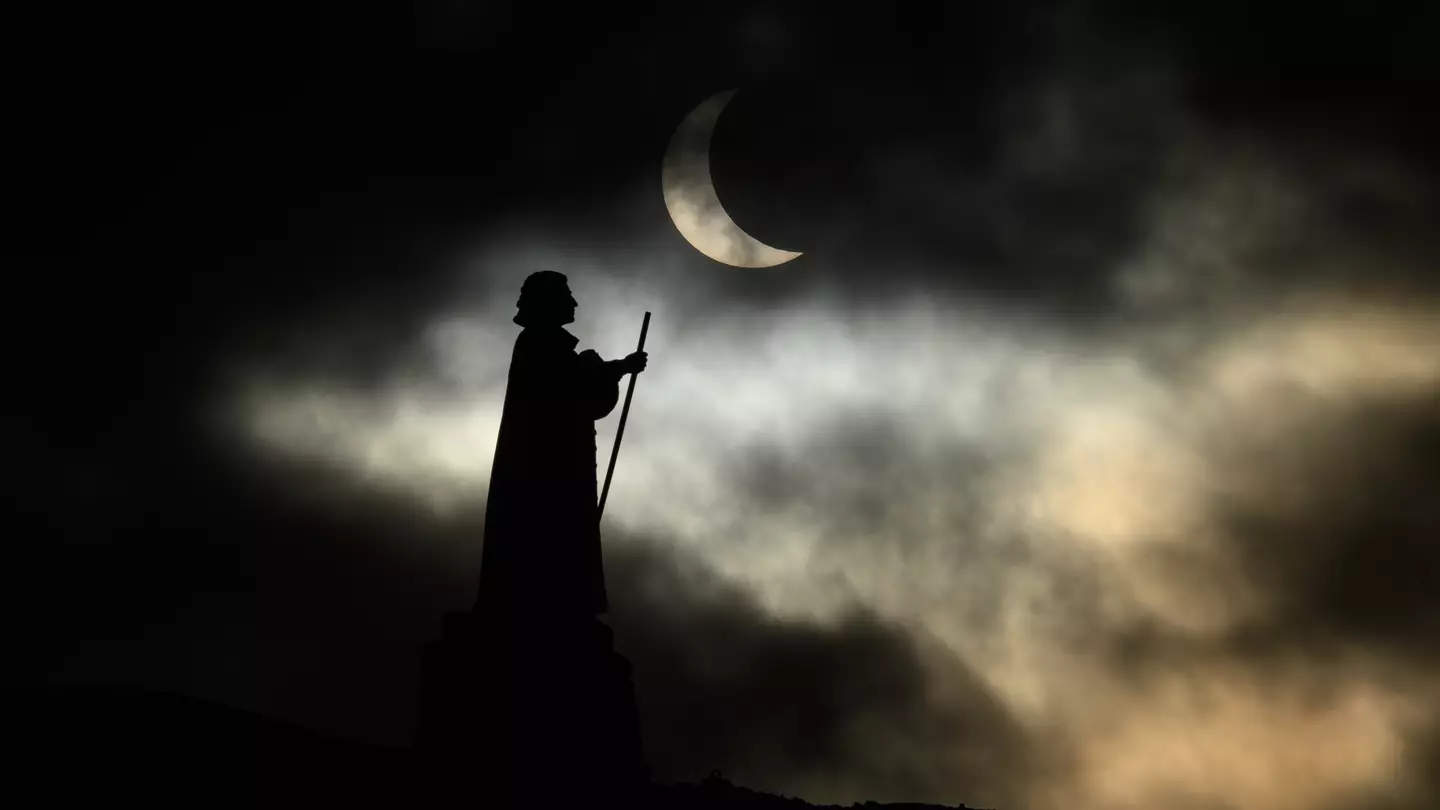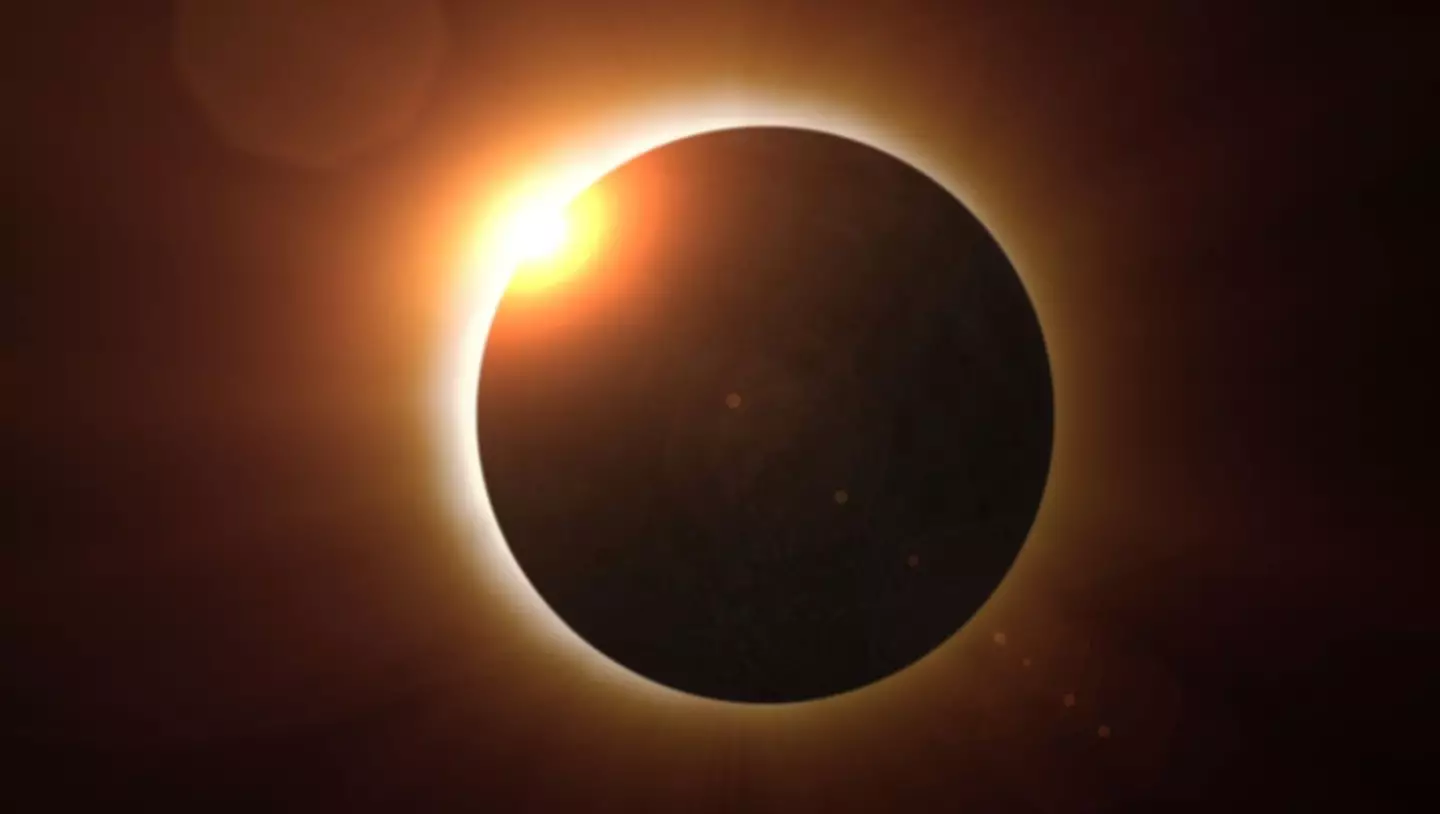
A once-in-a-century event is taking place across the planet in the next couple of years, with scientists claiming it’ll cause the Earth to go black for almost seven consecutive minutes.
Have you ever heard of eclipse chasers? These dedicated astronomy fans, known more commonly as umbraphiles, like to spend their time travelling across the globe to gain the best view of a solar eclipse.
You’ve got the chance to join this elite cohort in August 2027 when the moon will completely block out the sun for six minutes and 23 seconds.
This upcoming total solar eclipse is set to be the longest to take place since 1991, with experts reporting there will not be another like it until almost a century later in 2114, Space stated.
Advert

The event, dubbed the ‘Great North African Eclipse’, is said to be best viewed in its totality in Luxor, situated around 660km from the Egyptian capital of Cairo.
In the event that you can’t make it to Luxor, you’ll be able to view it from various other countries across North Africa, as well as from some Southern European spots, including Gibraltar.
It’s understood that clear skies are ‘almost certain’, meaning eclipse chasers who have flocked to Egypt or even travelled to Libya to see the moment will not be left disappointed.
"There is no chance of cloud in eastern Libya and western Egypt," Jay Anderson, a Canadian meteorologist, told the publication.
“At Luxor, the frequency of cloud cover is 0.7 percent — at the very worst, you'll get a little bit of thin cirrus cloud wandering through on the jet stream — but what you do get there is dust.
"It's certainly possible that the totally eclipsed sun will be viewed through a haze of dust — but that will depend on winds on the day.”
Apparently, if you happen to be cruising between southwestern Spain and northwestern Morocco in 2027, then you could also catch a good glimpse, Anderson explained.
Despite the sun being blocked out by the moon for almost seven minutes, the upcoming eclipse isn’t down as the longest ever in history.
.jpg)
Research from meteorologist Jean Meeus claimed that the longest possible total eclipse is seven minutes and 31 seconds. So this one, clocking in at just a minute under, is pretty spectacular.
The upcoming Great North African Eclipse is set to occur a lunar year after the total solar eclipse on 12 August, 2026.
Nasa stated that this phenomenon will be visible in Greenland, Iceland, Spain, Russia, and a small area of Portugal.
If you’re in Europe, Africa, North America, the Atlantic Ocean, the Arctic Ocean, or the Pacific Ocean, then you’ll be granted a partial view, the space agency confirmed.
Topics: Space, Science, World News
